Moral Stories: Lessons in Love, Empathy, and Respect
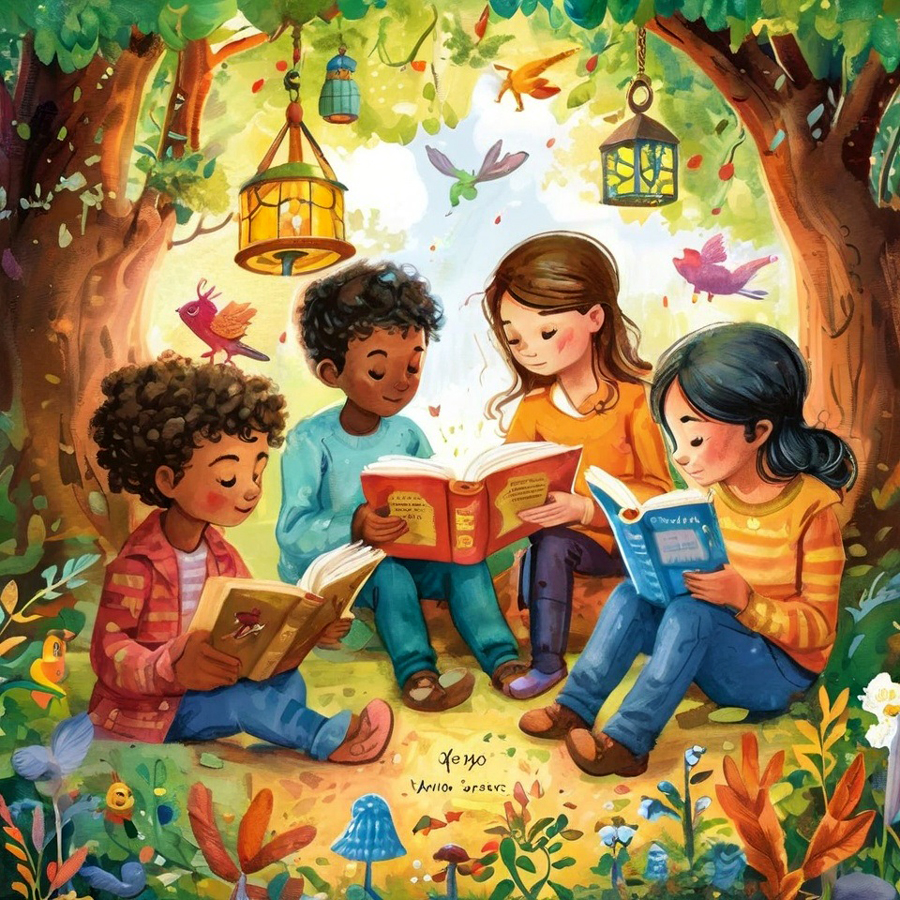
Moral stories play a crucial role in shaping the values and ethics of both children and adults. Through engaging narratives, these stories teach essential life lessons such as honesty, kindness, and perseverance. They spark the imagination, making the listener reflect on choices and consequences in a creative way. Whether through bedtime tales or more complex fables, moral stories offer wisdom wrapped in captivating plots.
At Storiesluma, moral stories take center stage, offering a wide variety of tales for all ages. From stories filled with adventure to gentle lessons of love and humility, each story nurtures a sense of right and wrong. Through this, moral stories help shape stronger individuals and a more compassionate society.
The Power and Importance of Moral Stories
Moral stories have been an integral part of human culture for centuries, serving as tools for teaching values, ethics, and life lessons. They transcend age, culture, and time, captivating both children and adults with their simplicity and profound wisdom. These narratives not only entertain but also inspire individuals to think, reflect, and make better decisions in life.
The Role of Moral Stories in Childhood Development
For children, moral stories are often their first encounter with the concepts of right and wrong. Tales like The Boy Who Cried Wolf teach the importance of honesty, while The Tortoise and the Hare instills the value of perseverance and humility. By presenting these lessons in the form of engaging stories, children can easily grasp complex moral principles. These stories lay the foundation for character development, shaping young minds into responsible, empathetic, and kind individuals.

The Whispering Willow

The Magical Cow

The Kindness Chain

The Fearless Ant and the River

The Boy and the Sparrow

The Honest Woodcutter

The Farmer and the Stork

The Pied Piper of Hamelin

The Little Mermaid Folk

The Giving Tree

The Little Red Hen
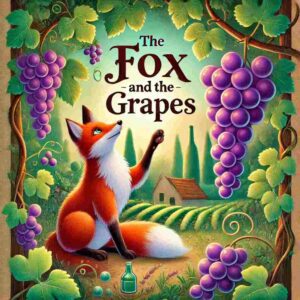
The Fox and the Grapes
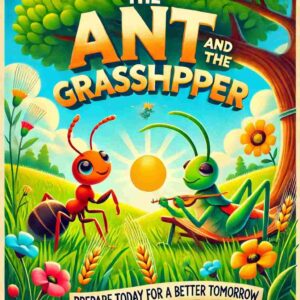
The Ant and the Grasshopper

The Good Samaritan

The Boy Who Cried Wolf
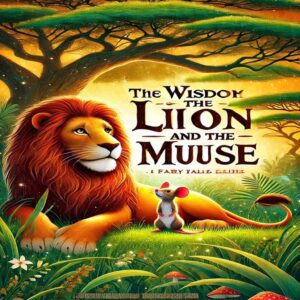
The Wisdom of the Lion and the Mouse
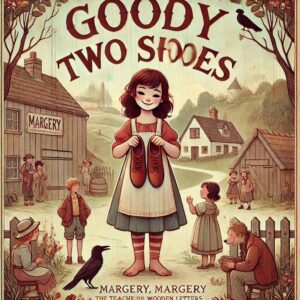
Goody Two Shoes
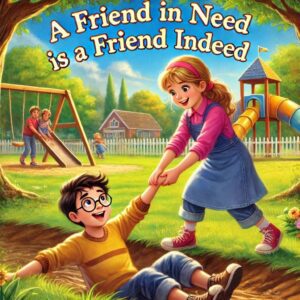
A Friend in Need is a Friend Indeed
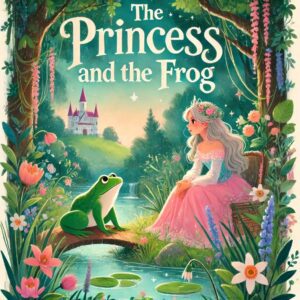
The Princess and the Frog

The Wise Old Owl

The Fox and the Geese

The Finest Liar in the World

The Boy With Red Hood
Universal Appeal of Moral Stories
Moral stories are not confined to a specific audience. They resonate with people of all ages, offering timeless lessons. For adults, such stories often serve as gentle reminders of the values they may overlook in their fast-paced lives. Tales like The Giving Tree highlight selflessness and love, encouraging adults to reflect on their relationships and priorities. Moral stories have a unique way of simplifying profound truths, making them accessible and relatable to everyone.
Teaching Through Storytelling
The beauty of moral stories lies in their ability to teach without preaching. A well-told story engages the audience, taking them on a journey that naturally leads to a lesson. This method is far more effective than direct instructions or lectures. By seeing characters face challenges, make decisions, and experience consequences, readers or listeners can empathize and internalize the story’s message.
Cultural and Social Significance
Across cultures, moral stories have been used to pass down traditions and values. Folktales, fairy tales, and parables reflect the ethics and beliefs of a society. For instance, Indian stories like The Panchatantra offer wisdom on human behavior and relationships, while Western fables like those of Aesop emphasize universal morals. These stories preserve cultural heritage and ensure that important life lessons are passed on to future generations.
Modern Relevance
In today’s world, moral stories are as relevant as ever. Amidst the distractions of technology and materialism, these stories act as a moral compass, reminding us of the importance of kindness, honesty, and compassion. They have also adapted to modern mediums, appearing in movies, digital content, and even social media posts, reaching wider audiences than ever before.
